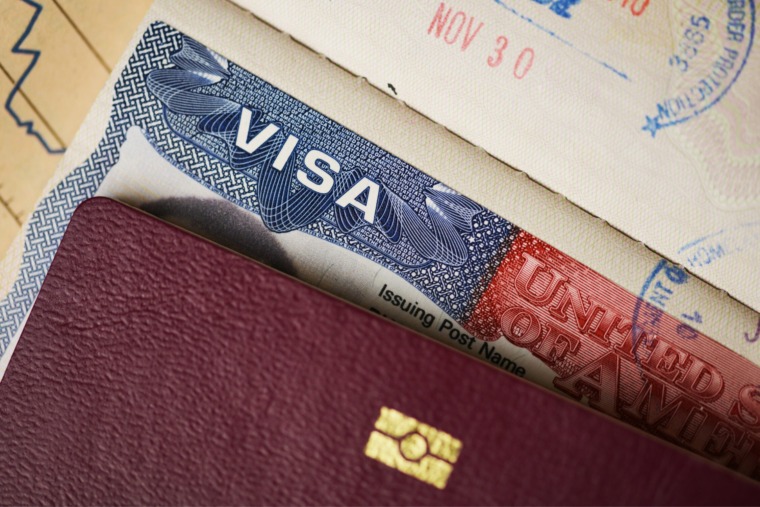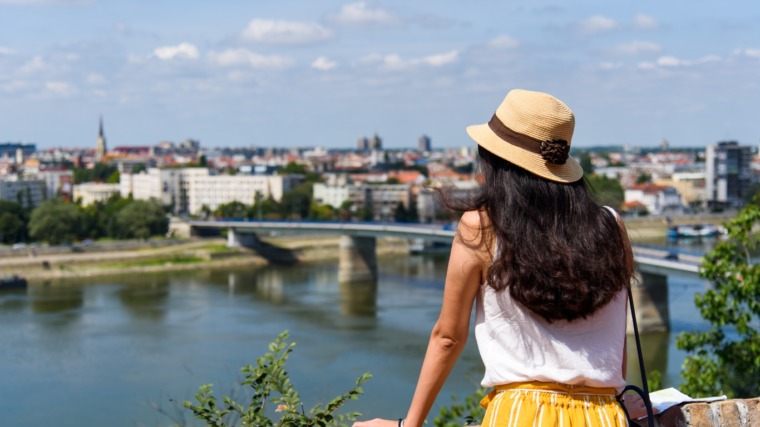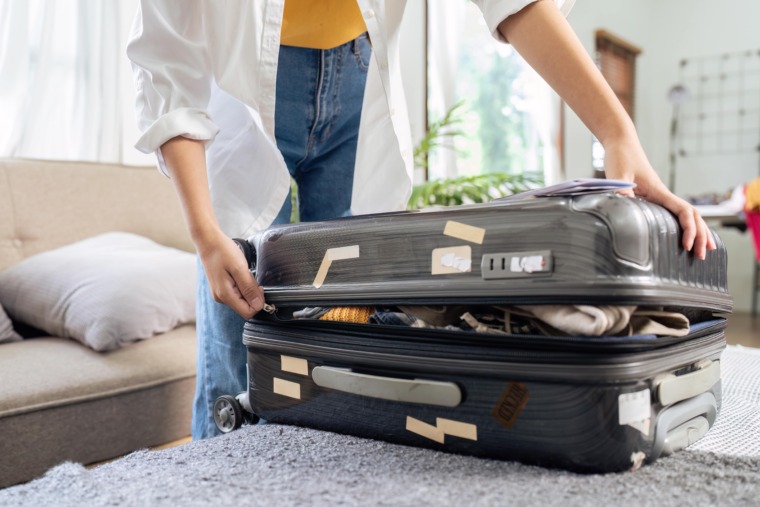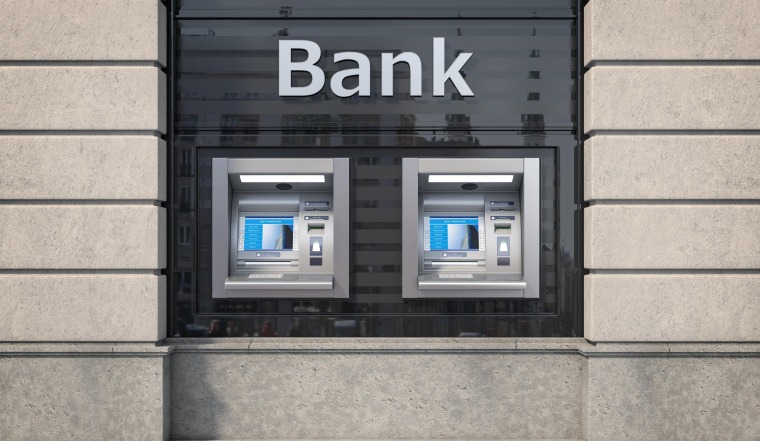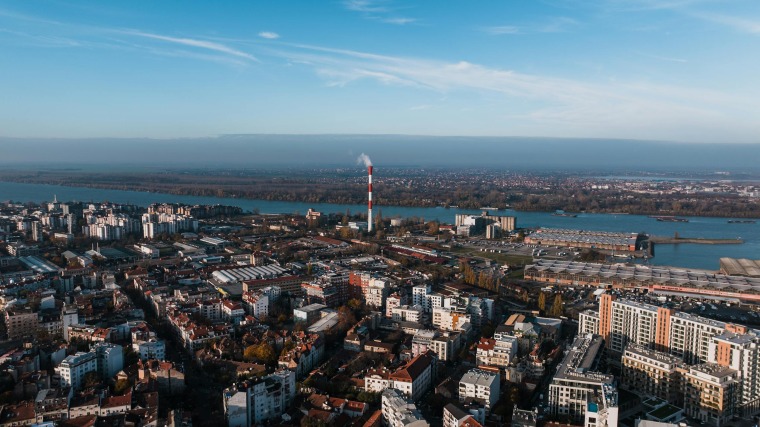
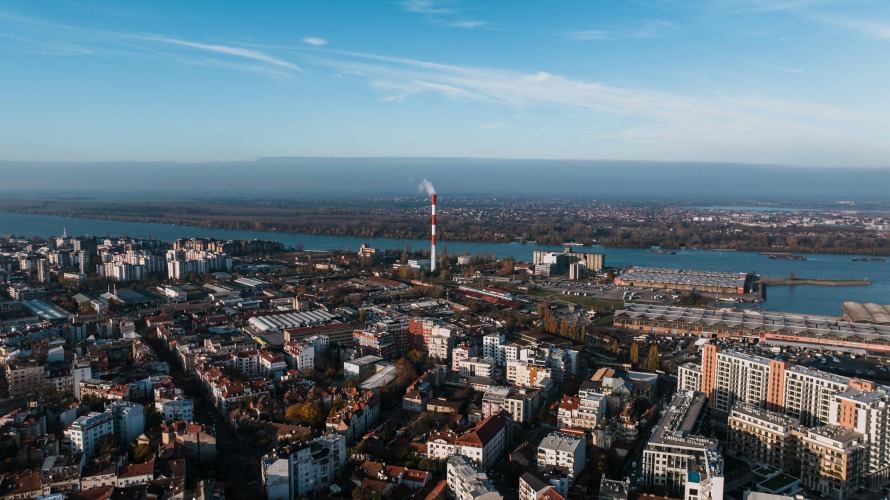
Relocating to a new country can be thrilling, nerve-wracking, and full of questions, especially for women. Serbia, a Balkan nation with a rich cultural heritage and warm hospitality, is becoming increasingly attractive to expats. However, there are a few important things that every woman should be aware of before packing her baggage.
Gaining an understanding of the subtleties of Serbian culture may ease and improve your transition. This includes everything from safety and social norms to legal rights and lifestyle expectations. Let’s break it down step-by-step.
A Look at Culture and Society
Relocating to Serbia as a woman comes with unique experiences shaped by a blend of tradition and progress. Serbian women are often well-educated, self-reliant, and actively engaged in both their careers and civic life.
In bigger cities, you’ll notice a more liberal atmosphere where feminist movements are visible. Conversations around workplace equality are gaining momentum.
For foreign women, adapting to life in Serbia means finding a balance. Respect cultural norms while confidently upholding your values and independence. This dynamic is especially relevant given the recent wave of activism across Europe. Women have come together to challenge threats to their rights, job security, and public services.
Peoples Dispatch reports that over the past years, many have faced growing economic and social pressures. This has prompted collective action from trade unions, feminist organizations, and anti-fascist groups on International Women’s Day.
A strong call to action was issued in Serbia by the feminist group “8.mart.svaki.dan” (March 8 Every Day). It highlighted how rural women are disproportionately affected by environmental harm and shrinking social services. As you can see, the women of Serbia are rebellious and outspoken wherever needed.
So, stay open-minded and curious. Try to understand the local way of life without rushing to judgment. Also, don’t hesitate to assert yourself when necessary. The more you engage with Serbian customs and culture, the easier it becomes to connect meaningfully.
Healthcare and Wellness in Serbia
In general, the healthcare system in Serbia is reasonably priced and easily accessible, especially if you are a member of the national health insurance fund (RFZO). All citizens and lawful residents, including foreign nationals with valid residency permits, have access to public healthcare.
Public clinics in Serbia provide basic gynecological services, routine checkups, and access to specialists. However, language barriers can be an issue, as not all medical staff speak English fluently. Private clinics and hospitals, especially in larger cities, tend to offer more modern facilities, English-speaking professionals, and a higher overall standard of care.
Reproductive healthcare in Serbia is available but may not be as openly discussed or as varied as in some Western countries. Contraceptives such as birth control pills, IUDs, and emergency contraception are legal and available at pharmacies, though some may require a prescription.
If you’re currently using or considering long-term contraceptive methods like Depo-Provera, it’s important to be informed. While Depo-Provera is available in Serbia, its safety has been questioned internationally. In the U.S. and other countries, the Depo Provera lawsuit has been filed against the manufacturer.
As per TorHoerman Law, the plaintiffs allege the failure to properly warn users about potential side effects. These range from bone density loss and mood disorders to menstrual irregularities, weight gain, and possible long-term infertility.
These concerns haven’t received much attention in Serbian media, and some local doctors may not be fully aware of the international findings. That’s why it’s essential to advocate for yourself. If you’re seeing an OB-GYN in Serbia, bring up any questions you have about Depo-Provera or other contraceptive options.
Efforts are also underway to enhance maternal healthcare in Serbia. With support from MSD for Mothers, UNICEF, and the Ministry of Health, a two-year initiative has been launched to improve prenatal and childbirth care. The program includes updating national guidelines for managing pregnancy, enhancing early risk detection, and improving midwifery practices.
Best Places to Live in Serbia for Women
Here are some of the top destinations where women can feel supported and at home.
Belgrade
Women in Belgrade benefit from a relatively progressive environment, with access to quality public services, women’s healthcare, and English-speaking professionals. The vibrant nightlife, rich history, and welcoming locals contribute to a uniquely Balkan experience without a hefty price tag.
The average rent for a one-bedroom apartment in the city center is about $400. You may use the money you save to visit museums or get coffee in trendy Dorćol. As per World Day, you may also decide to dance at one of the well-known Danube floating clubs. Reliable public transportation and rideshare apps like CarGo make getting around convenient.
Novi Sad
Novi Sad offers the perfect balance for a more relaxed but equally enriching lifestyle. Nestled along the Danube River, it’s known for its scenic charm, strong cultural scene, and high quality of life. The city is smaller and more laid-back than Belgrade. Still, it offers plenty of modern comforts like cozy cafes, music festivals such as EXIT, and a growing community of remote workers.
The city feels safe and approachable, with good public healthcare, clean streets, and plenty of green spaces. Women often appreciate the slower pace and the ease of forming social connections here.
The cost of living is also lower than in the capital, making it ideal for those on a modest budget. Monthly expenses (excluding rent) for one person are around 76,800 RSD (approx. ₹62,800). Numbeo notes that a casual meal at a local restaurant typically ranges between 700–1,500 RSD. It’s a fantastic city for creatives, freelancers, and anyone who values culture without the chaos.
Niš
If affordability and authenticity top your list, Niš is worth serious consideration. As one of Europe’s oldest cities, Niš offers a rich blend of history and hospitality. It’s smaller than Belgrade or Novi Sad but still has the essentials, such as universities, hospitals, museums, and a close-knit community vibe.
Life here is slower and more traditional, but that doesn’t mean it’s unwelcoming. In fact, many expats find the people warm, helpful, and curious about newcomers. It’s especially suitable for women who are teaching English, studying, or working remotely on a tight budget.
The cost of living is among the lowest in Serbia, and healthcare is easy to access. English isn’t as commonly spoken outside major institutions. However, a little effort in learning the language goes a long way toward building lasting connections.
FAQs
- Can I continue therapy or mental health treatment in Serbia as an expat woman?
A: Yes, especially in major cities like Belgrade or Novi Sad, where English-speaking therapists and online options are available. Mental health care is improving but still developing, and stigma may persist in smaller towns. Securing online therapy beforehand can help ensure continuity of care.
- How long is maternity leave in Serbia?
A: In Serbia, maternity and childcare leave lasts up to 365 days. During this time, mothers receive monthly compensation based on their average salary from the previous 12 months. This policy applies to all employed women and helps support new families during the child’s first year.
- Is Serbia safe for solo females?
A: Serbia is generally safe for solo female travelers. It’s a culturally diverse country with minimal religious or gender-based restrictions. Most areas, especially in cities, are welcoming and secure. As with any destination, stay aware of your surroundings and follow common travel safety tips.
Moving to Serbia as a woman can be an exciting adventure filled with opportunities for personal growth and connection. There are challenges, like adjusting to cultural norms, navigating the healthcare system, and understanding social dynamics. However, the experience can be incredibly rewarding.

